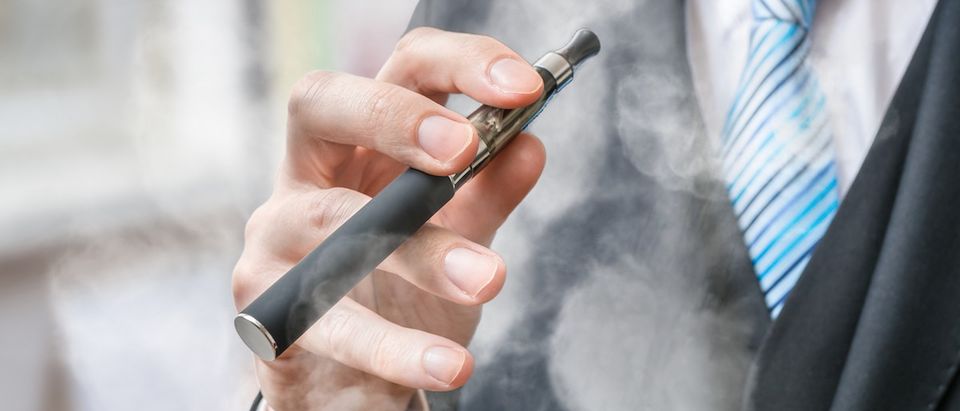Last year, the FDA announced it would extend federal regulatory control to e-cigarettes. As part of the ruling, government approval of all e-cigarette products and related consumables introduced after 2007, such as e-liquid, is now required. These products must go through a formal approval process to remain on the market. Winning a single approval could cost more than $1 million for a given applicant.
This is a virtual death sentence for mid-size and smaller electronic vapor brands. Some simply won’t be able to bring products to market that offer reduced health risks compared to combustible cigarettes. Others will be forced to raise prices, diminishing their competitiveness. Let’s not forget – this will likely also have a trickle-down effect on the thousands of vape shops and retailers nationwide that rely on product versatility to attract customers.
While things might seem grim for the industry, there is hope: the new Trump administration. President Trump has been supported by many vaping advocates, given his stated interest in deregulating business to unleash greater growth.
How the Trump administration might help. President Trump has the power to ease vapor regulations and be a positive force for the industry, which hasn’t received much support from the government since its inception. Before his inauguration, Trump made it clear that he intends to reduce regulations on most businesses. Though the president’s claim that 70% of federal regulations for businesses “can go”, seems hyperbolic, there is real hope for a rollback of current FDA rules. Such a rollback would allow vaping companies to expand their product offerings with fewer restrictions than in the past, and without the staggering compliance costs. For the vaping industry, the most beneficial thing would be the repeal of the 2016 law that places e-cigarettes and other vaping devices in the same category as traditional tobacco-burning cigarettes.
A look at Trump’s allies, which include supporters and proponents of vaping and e-cigarettes – is a hopeful sign, possibly foreshadowing a needed shift for the industry. Congressman Duncan Hunter, who represents San Diego County in the House of Representatives and endorsed Trump, is one legislator with a strong pro-vaping track record. Likewise, Scott Gottlieb, whom Trump has nominated for FDA chief, could very well wind up decreasing restrictions for e-cigarettes given his financial stake in vape store franchiser, Kure. Tom Price, recently confirmed for HHS Secretary, has a long record of opposing burdensome regulations, and has several times voted against legislation giving the FDA regulatory power over tobacco. Vaping advocates who want the law revoked argue that vapor products can help cigarette users quit smoking and avoid the well-known health risks of conventional cigarettes. These groups have asked Congress to grandfather into law all vaping products introduced before the regulation was put in place early this year, allowing manufacturers to forgo the costly and complicated process necessary for distribution. A supportive White House and FDA can open the door to even greater growth and innovation for the vapor industry.
Ramifications. The vaping industry does have its share of critics, and their voices will be heard by the new administration. Health advocates will continue to fight against changes to the Tobacco Control Act, arguing – erroneously – that making vapor devices and products more accessible can lead to a new generation of young people getting hooked on nicotine. They believe that accessibility to vapor products could erase gains made in eliminating teenage smoking. That seems highly unlikely; according to the CDC (Centers for Disease Control and Prevention), teen smoking is at an all-time low and the “gateway theory” that vaping might lead to smoking has been debunked.
Underage use, however, remains a risk and a critical perception issue for our industry. We must make sure our marketing avoids even the slightest hint of targeting teens and ensure that we are in full compliance with federal and state laws that keep our products out of the hands of minors. We must also be vigilant about manufacturing standards, product quality, and packaging. Ours is a relatively new and very innovative industry and we cannot afford to backpedal on standards.
There are many places vapers can go to voice an opinion on FDA regulations for vaping. This live petition calls to reject the FDA’s deeming of vapor products as tobacco products.
**
Jan Veleur is the CEO of V2, an electronic cigarette and vaporizer company.












